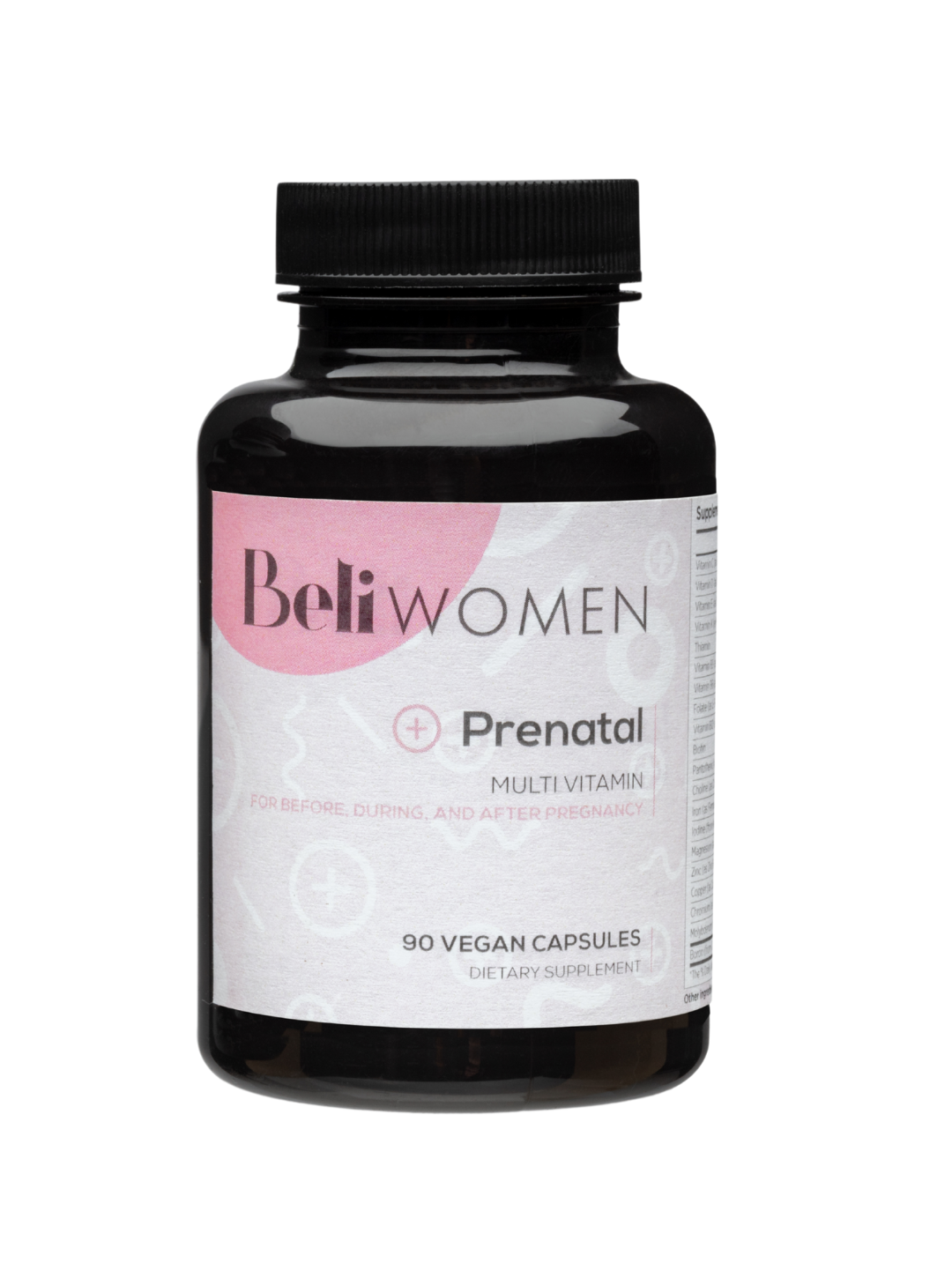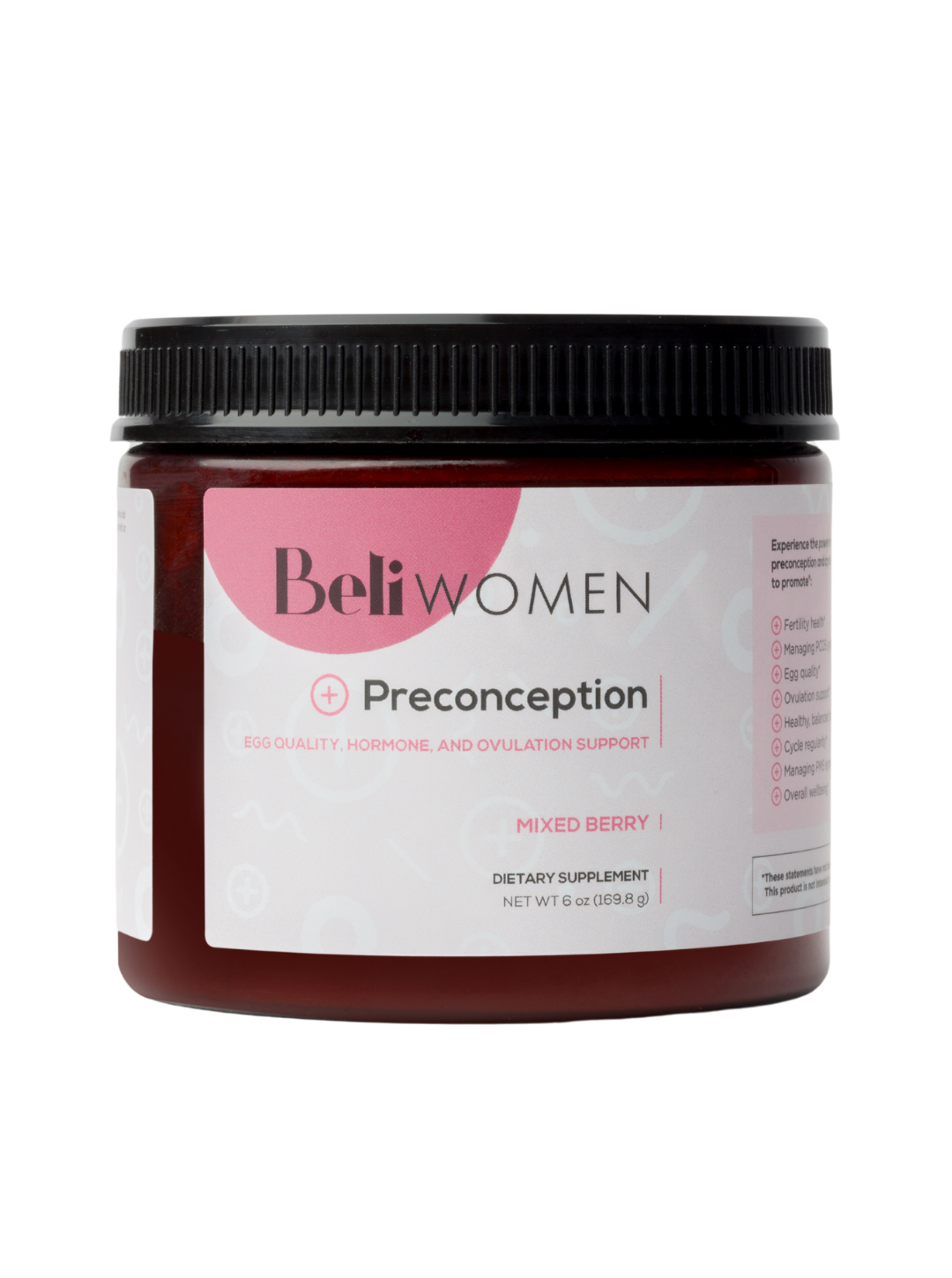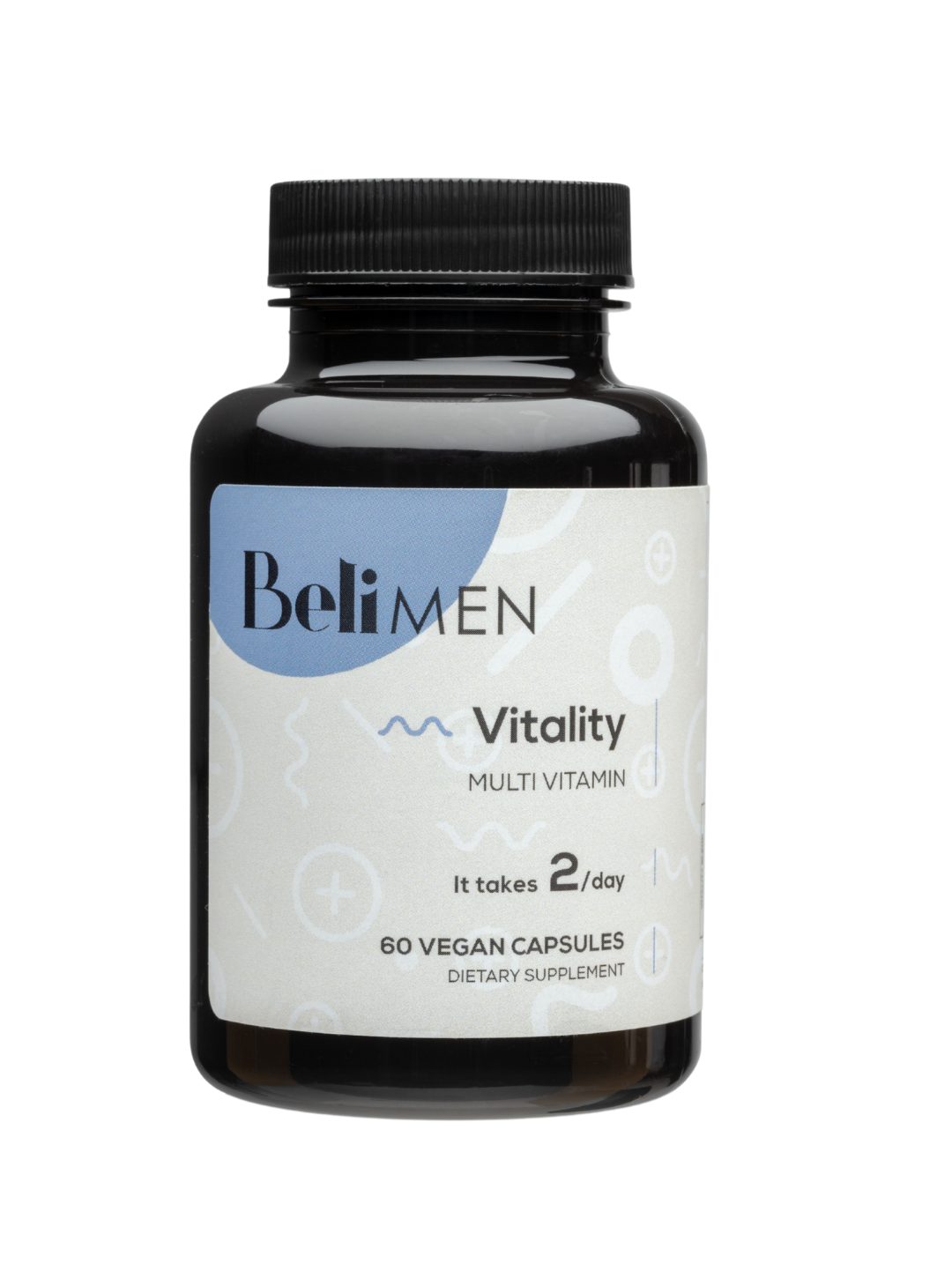The long, lazy days of summer aren’t just prime vacation days. Summer could actually be an especially fertile season, which may be of interest to couples who are interested in starting a family. Whether you’re trying the old-fashioned way or seeking medical assistance in the form of IVF, your chances could really be higher during the summer. Researchers are still puzzling through the hows and whys, but there is plenty of research pointing to the myriad fertility boosts women experience in the summertime—more sunshine, more physical activity, healthier diets, reduced stress, and the list goes on. If you’re angling for parenthood this summer, here’s what to know about the season of fertility.
Key Takeaways
- Habits that support your physical, mental and emotional health also support your fertility health, and many embrace healthier habits in the summer.
- Summer fertility perks may include stable melatonin levels, regular ovulation patterns, increased vitamin and a more balanced diet.
- On the downside, summer can be a time of over-indulging and schedule disruption, which can be detrimental to your fertility health.
How Summer Supports Fertility
If you’ve researched conception tips, you’re probably already familiar with the pillars of fertility. So much is beyond our control when it comes to conceiving, but there are things within our control that go a very long way to support and nourish fertility. And really, it boils down to embracing the habits that support your physical, mental and emotional health. That means eating a balanced, nutritious diet, getting regular exercise and plenty of restful sleep, and managing stress and mental health. Each of these directly affects your fertility health as much as it does your health as a whole.
For many of us, summer makes healthy habits easier. We’re spending more time outdoors, soaking in the vitamin D and enjoying more physical activity in the form of hikes and bike rides, then sleeping longer to make up for it. We’re eating fresh summer fruits and vegetables and drinking plenty of water to stay hydrated. We’re enjoying the longer days, going on vacations and getaways, and generally relaxing more. And as it happens, there’s a trickle-down effect to your fertility. Let’s take a closer look at the fertility perks of summer:
- Stable melatonin levels. In the summer, melatonin levels are higher at night and low during the daytime, which is pretty much ideal. Melatonin is an antioxidant that can support egg quality by reversing oxidative damage to oocytes (1).
- Regular ovulation patterns. If you take advantage of the summer months to spend more time outdoors, all that fresh air and exercise could be a boon to your cycle. Regular exercise actually reduces the incidence of ovulatory disorders and stimulates egg production, which can help stabilize your cycle and make it easier to predict your fertile window and time sex for the best chance at conceiving.
- Increased vitamin D exposure. The production of vitamin D—AKA the sunshine vitamin—is kickstarted by exposure to the sun, and we’re more likely to get more time in the sun during the summer. While vitamin D is essential for all kinds of bodily functions, it’s equally important for fertility. Women with higher levels of vitamin D are significantly more likely to become pregnant following IVF than those with deficiencies (2). What’s more, vitamin D supplementation is linked to improvement in hormonal function among women with PCOS (3).
- Better diet and hydration. Nutrition plays a major role in fertility. In fact, the preconception health of both parents has a significant effect on a healthy conception, pregnancy and even the health of future generations. Truly, we are what we eat, and eating for fertility means getting plenty of essential nutrients, such as vitamins, minerals, antioxidants and healthy fats. If your summer diet includes lots of fresh fruits and veggies, that’s exactly what you’re getting. Proper hydration helps support fertility as well, by affecting the consistency of cervical mucus (4).
There’s a lot of other interesting research, too. One study showed that weather had a significant impact on IVF success rates, with live birth rates improving by one-third in cycles that followed a month of more sunshine, warmer temperatures and less rain (5). Interestingly, the month of the IVF cycle wasn’t as important as the month that preceded it, when a woman’s eggs were maturing. According to researchers, the higher success rate could be due to higher levels of vitamin D—a key hormone with a high deficiency rate in many—and melatonin levels, both of which are affected by sunlight.
A 2024 study shows that during the summer, women between the ages of 30 and 40 experience increased secretion of anti-Müllerian hormone (AMH) from the ovaries, which affects fertility (6). Researchers suspect it relates to increased UV exposure from the sun. The higher the level of AMH, the more follicles you have and the higher your egg count, so this is a good thing for women hoping to conceive. The study’s authors also noted that prior studies show that increased sun exposure increases metabolism, sexual appetite and behavior and that the results of this research suggest that the female reproductive system is more fertile in the summer.
But Keep In Mind…
For all the ways it supports fertility, summer could throw up a few roadblocks as well. Not everyone makes a point of eating fresh summer fruits and veggies. In fact, summer can be a time of overindulging, from more alcohol than usual to eating out more often. If you’re downing iced coffees and sugary sodas, you’re not only overloading on sugar, you aren’t hydrating properly. Summer can also be disruptive to your usual routine, which could throw your usual sleep/wake/exercise habits out of whack. In other words, it’s not the magic of summer alone, but rather the way it inspires healthy habits that really supports fertility. If the plan is a baby, take advantage of summer to lean into the healthy habits and best practices for conceiving. And don’t overlook the importance of a good prenatal vitamin for you and your partner! It’s a simple way to shore up nutritional deficiencies in your diet and ensure you’re getting nutrients that support your preconception health.
Article Resources
- Espina, J. et al. (2019). Impact of melatonin supplementation in women with unexplained fertility undergoing fertility treatment. https://pubmed.ncbi.nlm.nih.gov/31450726/
- Garbedian, K. et al. (2013). Effect of vitamin D status on clinical pregnancy rates following in vitro fertilization. https://www.ncbi.nlm.nih.gov/pmc/articles/PMC3985938/
- Menichini, D. et al. (2019). Effects of vitamin D supplementation in women with polycystic ovary syndrome: a review. https://pubmed.ncbi.nlm.nih.gov/31187648/
- Emokpae, M. et al. (2021). Effects of lifestyle factors on fertility: practical recommendations for modifications. https://www.ncbi.nlm.nih.gov/pmc/articles/PMC8812443/
- Vandekerckhove, H. et al. (2016). Seasons in the sun: the impact on IVF results one month later. https://www.ncbi.nlm.nih.gov/pmc/articles/PMC5130306/
- Parikh, R. et al. (2024). Seasonal AMH variability implies a positive effect of UV exposure on the deterioration of ovarian follicles, https://www.sciencedirect.com/science/article/abs/pii/S0039128X23001356





